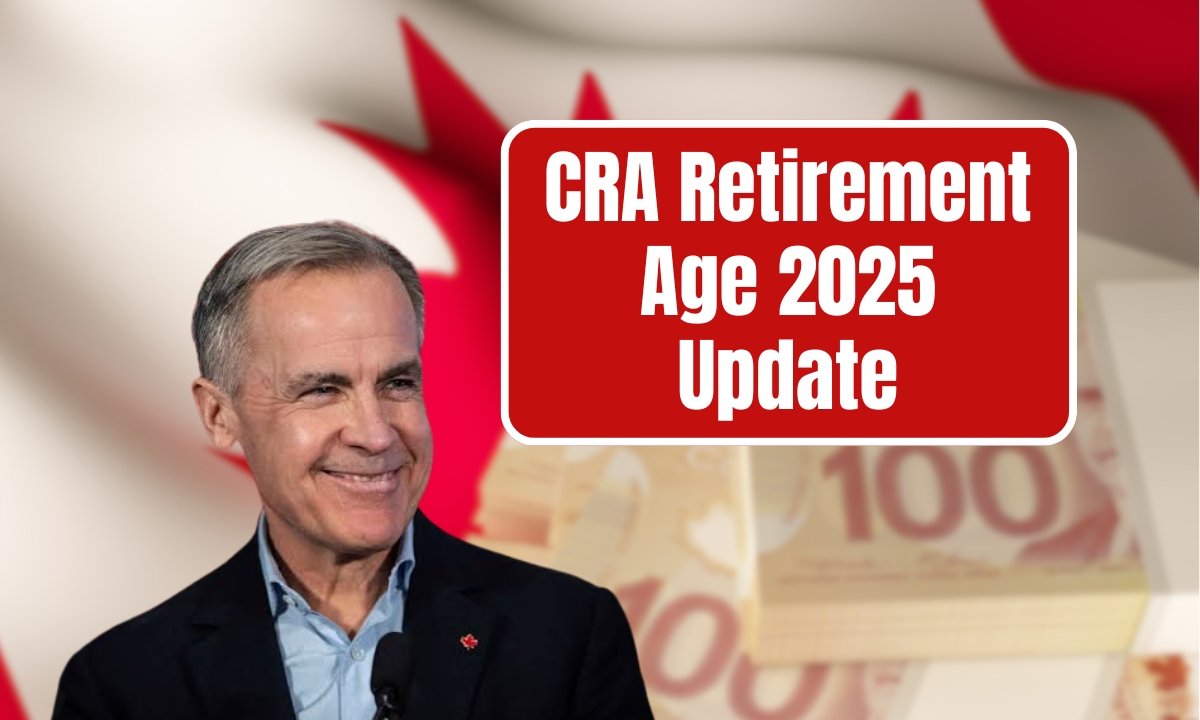Planning for retirement is one of the most important aspects of financial security. With 2025 around the corner, the debate for Canada’s retirement age has gained momentum as speculations stir that the Canada Revenue Agency (CRA) and federal authorities may reconsider the current retirement regime. Traditionally, Canadians became eligible for public pensions such as the Canada Pension Plan (CPP) and Old-Age Security (OAS) at the age of 65. But there have been discussions as to whether the retirement age may be increased to 67 to account for longer life expectancy and that pension benefits have been increasingly expensive. Let us dissect what this potential change does to Canadians.
Current Retirement Age In Canada
Under the current scheme, persons can receive CPP benefits from age 60, although payments will be smaller if taken this early. CPP benefits receive full payment between retirement at age 65 and older; for OAS, the age of eligibility is also 65, with a deferral period available to 70 for higher monthly payments. Such flexibility is necessary, providing the worker with the freedom to choose when to retire based on their circumstance-financial or health.
The Debate Around Age 67
The question of whether to push retirement age from 65 to 67 has always been a much-debated topic. To sustain the pension fund, proponents argue that with Canadians living longer, retirement age needs to be extended. In other words, as life expectancy increases, the older generation stays longer drawing payments, and hence, the system bears more cost.
However, to some critics of the raise, it may unfairly hit industrial/manual workers who may find it tough to hold on to jobs up until 67 years of age. It could also bear implications for low-income earners, who lean most heavily on government-sponsored assistance.
What The 2025 Discussions Indicate
It is speculated that, by 2025, the Canadian government will review the current setup. No official law has, however, been passed yet to increase the age. Though switching to 67 is another matter being considered, 65 is still the endorsed age that one can officially apply for OAS and CPP. Hence, Canadians more in the near retirement age end remain advised to continue with their plans as per the existing rules but to keep an eye on government updates.
Preparing For Future Changes
While nothing is etched in stone yet, Canadian residents should prepare for a possible change in retirement. This includes:
- Reviewing personal savings and investments.
- Considering deferring CPP or OAS for higher monthly income.
- Staying updated on announcements from CRA and Service Canada.
Also Read: Canada GST/HST Rebate 2025: Eligibility, Payment Dates & New Rebate Amounts




